An operating system is software that manages all the basic functions of your computer and facilitates the communication between your device's hardware and the applications that it runs. Thus, serving as the middleman between your hardware and software. In mobile devices, operating systems are responsible for their input and output data as well as memory allocation management for all running processes.
The most popular mobile operating systems are Android and iOS as the bulk of mobile phones ship with one of them installed. Others include Windows Mobile OS, PalmOS, and Symbian OS. Their popularity notwithstanding, there are several operating systems available thanks to the open-source community. Open-source operating systems are released with open-source licenses which enable interested parties to study, customize, and distribute the products freely and typically for any purpose.
In light of the foregoing, our focus in today's article is to present you with a list of the 10 best open-source operating systems available for mobile devices. If you're craving a new UI/UX (among other features) in your device then this one is for you.
1. postmarketOS
postmarketOS is a free and open-source Linux operating system built for mobile phones and tablets. It has been developed based on Alpine Linux since its first release in 2017 and features the ability to run various Wayland and X-based user interfaces e.g. Plasma Mobile, Hildon, and GNOME 3.
postmarketOS takes a completely different build system approach from Android as it is a whole operating system divided into small package binaries as opposed to a monolithic system image for each device. If you want a different way from Android for using your smartphone, you should definitely check this one out.
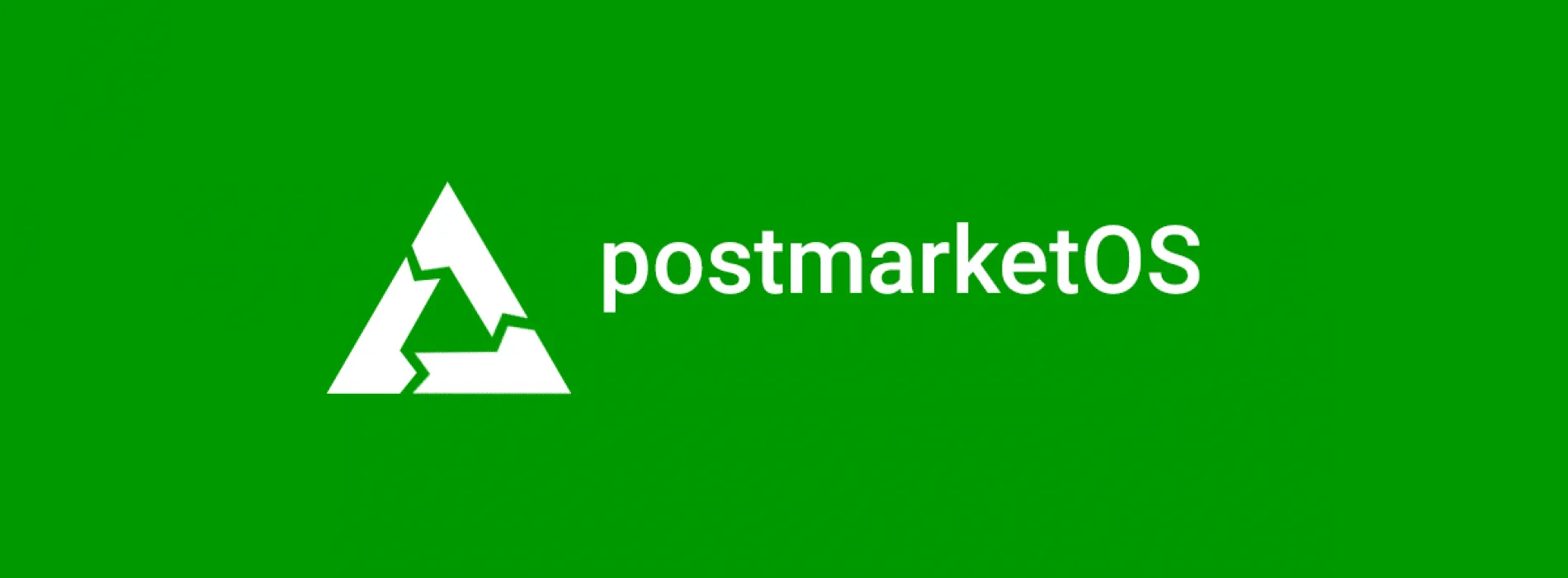
2. Plasma Mobile
Plasma Mobile is a privacy-respecting, open-source and secure phone ecosystem developed and managed by KDE. It is the mobile version for the beautiful Plasms desktop user interface which is designed with the aim of providing KDE users with convergence.
Plasms Mobile's features enable you to use it as a full hacking device and take advantage of the multi-platform toolkit Qt, the flexible extensions of KDE frameworks, and the power of Plasma shell, among other extras.

3. GrapheneOS
GrapheneOS is an open-source privacy-focused developed as a non-profit project. It focuses on the research and development of privacy and security technology with significant improvements in areas such as sandboxing, permission models, and exploit mitigations.
It features compatibility with Android apps and already supports all Google Pixel devices, among others. If you're considering a hardened version of the Android operating system, then GrapheneOS is a good choice.

4. Lineage OS
Lineage OS is a free and open-source Android-based operating system for various devices. It is designed with an emphasis on beauty, security, customization for individuality, longevity, and total user control over the workings of their device.
Lineage OS offers a lot of features that are yet to be available in the open-source version of Android e.g. custom quick settings rules, PIN scramble, an expanded desktop, and LineageOS Trust. If you're excited by Android's flexibility and will like to see what having more than that feels like, LineageOS is for you.
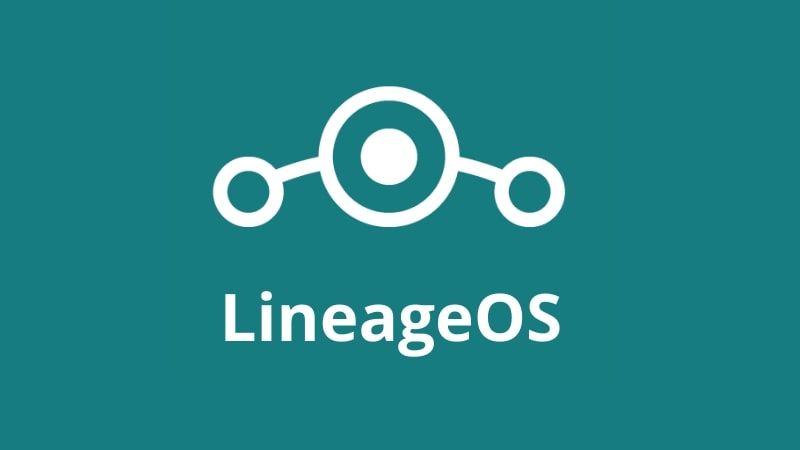
5. PureOS
PureOS is a free and open-source operating system that focuses on keeping user data private and secure. It is built based on Debian and aims to provide users with a convergent experience - something that made it shine when Unity 8 didn't.
PureOS can be installed on both desktops and mobile phones and even comes preinstalled in Librem 5 phones (developed by the same company). If you are enthusiastic about transparency, privacy, and security, then bag PureOS.
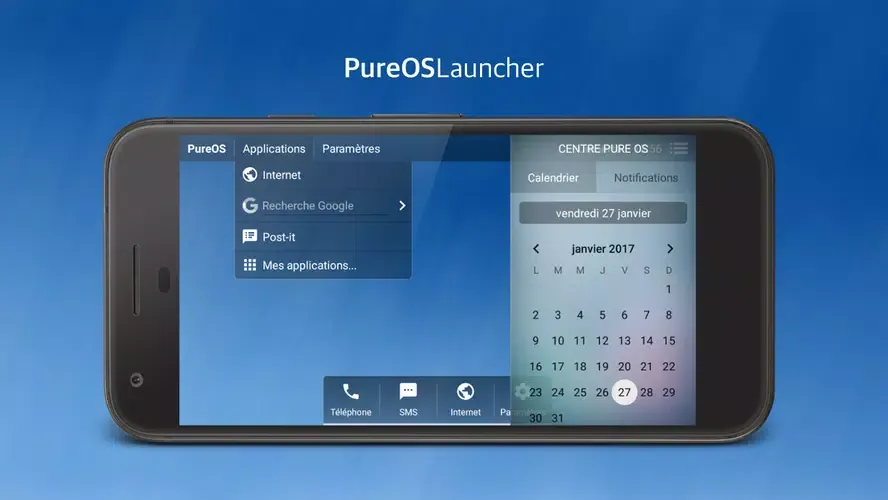
6. Sailfish OS
Sailfish is a free and open-source independent mobile operating system that merges features from iOS and Android into a Linux-based OS. Unlike the other options in this list, Sailfish OS is not free. It originally shipped with Jolla-made devices but has since been available for purchase separately when it saw an increase in demand.
Sailfish OS supports Google apps and can run on several kinds of devices including smart appliances, wearables, tablets, and phones. If you're ready to pay for a unique mobile experience then this is for you.

7. Tizen OS
Tizen is an open-source operating system developed by the Linux Foundation. Given that it is developed based on Linux and features support from tech giants like Intel and Samsung, Tizen is often regarded by many to be the official Linux mobile OS.
The aim of Tizen is to provide essential information first and give additional information upon request only without overcomplicating the ways in which users achieve their goals. Interested in an OS similar to Android but inherently different? Check Tizen out.

8. Paranoid Android
Paranoid Android is a free custom ROM built to extend the existing beauty of Android. The developers follow Google's guidelines for open-source Android projects and are active members of the development community.
One excellent feature in Paranoid Android is the custom launcher which has a sharp look with a lot of customization options. Quartz 5 came with new features such as DC Dimming, App Lock, Ringer Moder GEstures, and support for Xiaomi Mi.
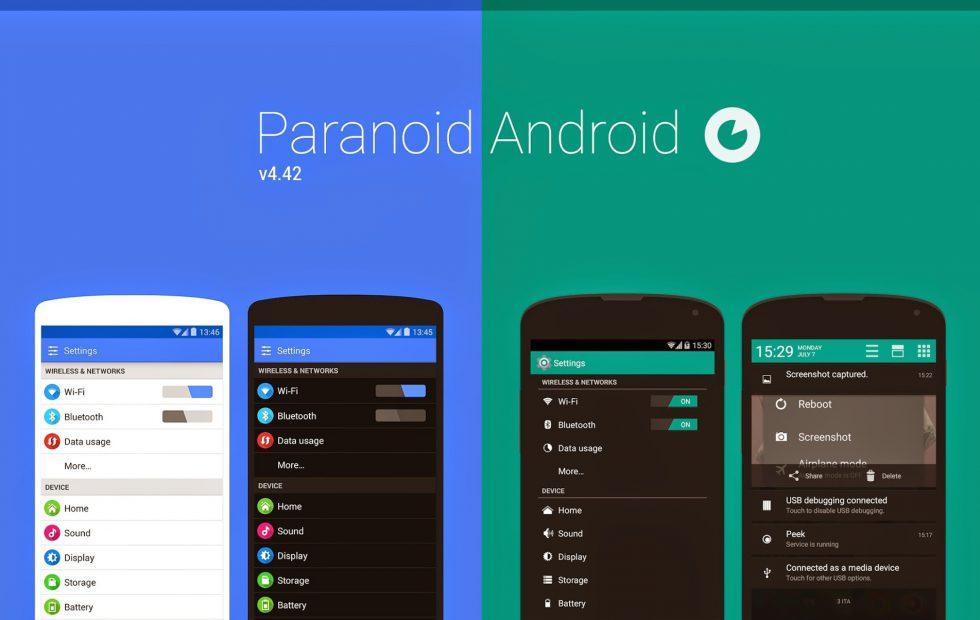
9. LuneOS
LuneOS is a free and open-source Linux-based mobile operating system developed as the successor to Palm/WebOS. It is maintained by WebOS Ports and designed for touchscreen devices. LuneOS implements a minimal Android System Image created using the CyanogenMod / LineageOS-based Halium.
If you're enthusiastic about the inner workings of your operating system then this one is for you. Have fun getting things done.
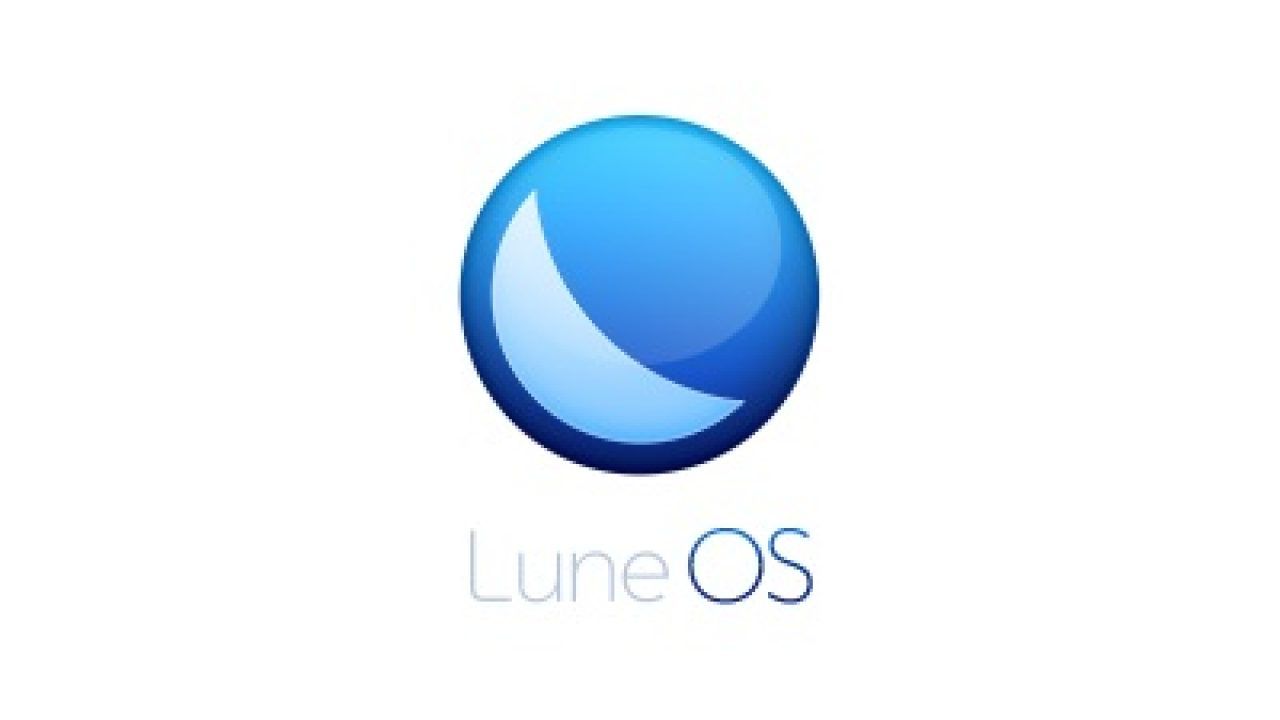
9. Mobian (Debian for Mobile)
Mobian is a free and open-source mobile operating system that brings Debian Linux in all its elegance to mobile phones and tablets. It has a list of applications which you can get easily with its apt package manager. Note that Mobian is experimental and currently runs on pinephones. Approach this one with caution.
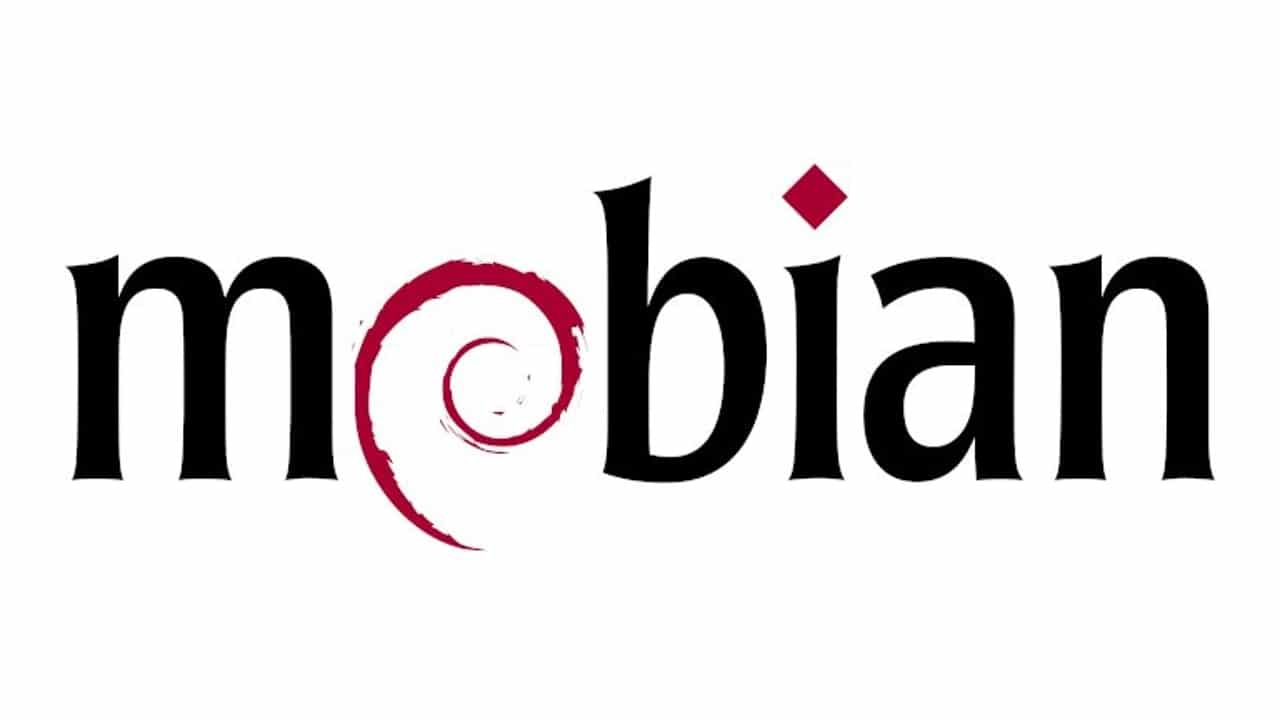
10. Ubuntu Touch
Ubuntu Touch is a free and open-source operating system that brings the power of Ubuntu to mobile devices. It was originally created and developed by Canonical Ltd. in a bid to bring convergence to Ubuntu desktops and mobile phones. After some years and a couple of failed marketing strategies, things did not go according to plan and the convergence project was scrapped; not completely though.
Ubuntu Touch is currently developed and maintained by the UBports Community. However, unlike the other 'flavors' of Ubuntu, it is more of a group of extracted parts of its parent OS adapted to run naturally in mobile and touchscreen environments. If you're interested in experiencing Ubuntu on your mobile phone, Ubuntu Touch is for you.

Conclusion
So there you have it, folks! Check these operating systems out and gain complete control of how your smartphone functions. If you enjoyed this article consider signing up for our newsletter and don't forget to share it with people that would find it useful. Leave a comment below with a tutorial you would like us to cover.

